New online scams appear; beware of data encryption malware; Vietnam is about to launch a radar satellite to observe the Earth... are the outstanding domestic technology news of the past week.
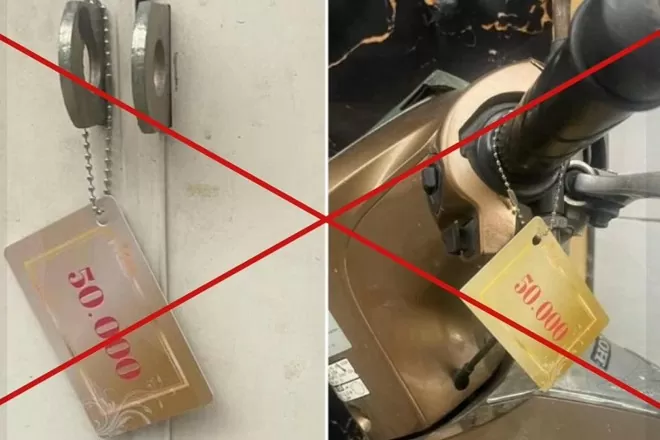 |
| A new online scam trick that tricks people into scanning QR codes on plastic cards is being warned by police in many localities. (Source: NCSC) |
New online scam appears
Fraudsters hang the cards on motorbikes or on people’s doors. The plastic cards are yellow, with the number 50,000 VND printed on one side, and instructions and a QR code printed on the other. This new online scam has appeared in Ho Chi Minh City, Soc Trang and Hanoi.
With this trick, the scammer lures the victim to visit a fraudulent website or download an application containing malicious code to steal their property. The scammer can also provide instructions for people to follow and steal their property.
The National Cyber Security Monitoring Center - NCSC under the Department of Information Security ( Ministry of Information and Communications ) said that the scam of hanging cards containing QR codes on car mirrors and people's doors has recently appeared in Ho Chi Minh City and Soc Trang and has been warned by the police forces in these localities.
The Information Security Department recommends that people need to be more vigilant against the above new form of online fraud; need to be careful when scanning QR codes, verify transaction information carefully before making online money transfers.
When scanning a QR code that leads to a strange link, people need to carefully check whether it starts with 'https' or not, before deciding to continue with the operation.
Vietnam to launch Earth observation radar satellite
Scientists have completed the construction of the LOTUSat-1 satellite. This information was just shared by Mr. Tran Tuan Anh, Vice President of the Vietnam Academy of Science and Technology.
Weighing about 570kg, the LOTUSat-1 satellite is a radar-based satellite capable of taking high-resolution images of the Earth in all weather conditions, day and night.
Image data collected from the LOTUSat-1 satellite will meet Vietnam's urgent need for image sources, providing accurate and timely information to respond to natural disasters and climate change, manage natural resources, monitor the environment, and serve socio-economic development.
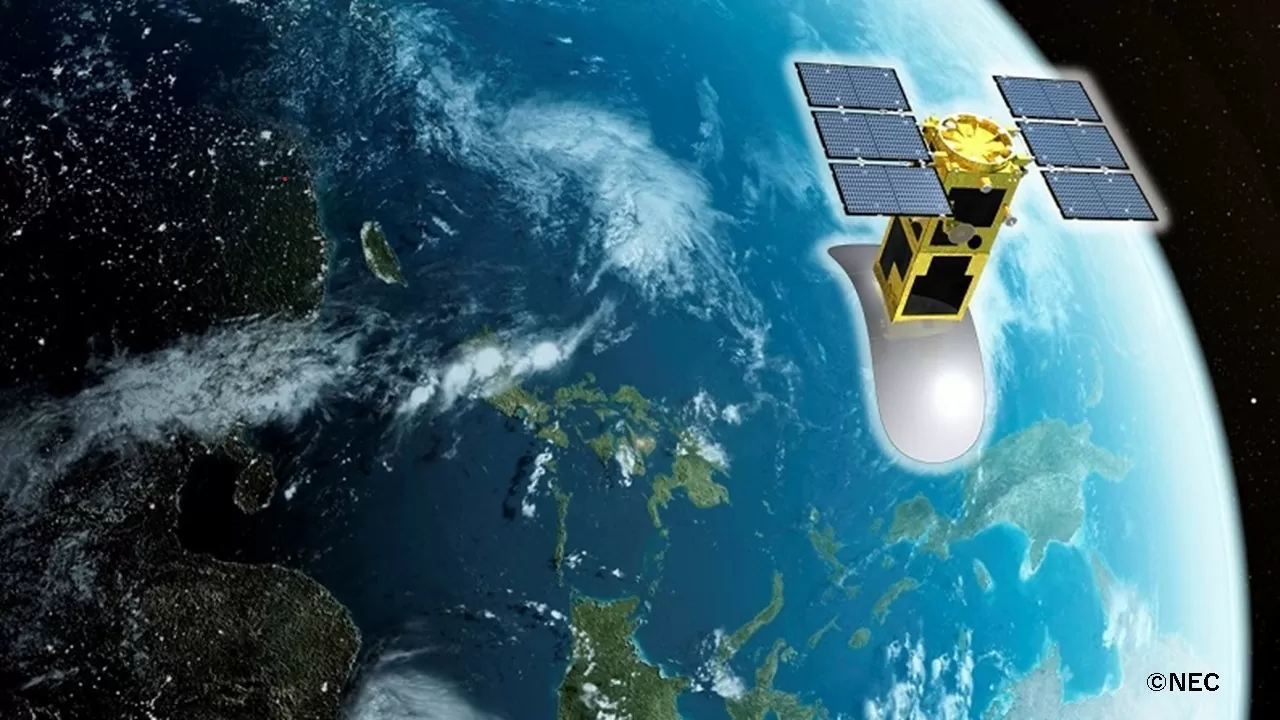 |
| Simulated image of LOTUSat-1 satellite. (Source: NEC) |
Dr. Le Xuan Huy, Deputy General Director of the Vietnam Space Center (Vietnam Academy of Science and Technology) said that the satellite launch schedule is expected by the Japanese Government in February 2025.
According to the plan, the satellite will be tested for 3 months. After the orbital testing period, the LOTUSat-1 satellite is expected to be handed over to the Vietnam Space Center in June 2025.
Beware of new data encryption malware
The Vietnam Cyber Emergency Response Center - VNCERT/CC under the Department of Information Security (Ministry of Information and Communications) has just issued a warning to agencies, organizations and businesses in Vietnam about a new type of data encryption malware - ransomware called Eldorado.
Eldorado is a new RaaS ransomware that emerged in March and comes with variants for the VMware ESXi virtual manager and Windows operating systems.
Researchers at Group-IB have been monitoring Eldorado's activities and have noticed that the operators of this ransomware group have been promoting their malicious service on RAMP forums and looking for skilled members to join their cyberattack campaigns.
VNCERT/CC also said that the Eldorado malware is written in the Go programming language, capable of encrypting both Windows and Linux operating systems through two separate variants with widespread operational similarities.
Providing more information about the danger level of Eldorado, the representative of VNCERT/CC said: This malware is capable of encrypting files on both Windows and VMware ESXi systems, disrupting the operation of servers and workstations; this can lead to the inability to access important data and services, disrupting business operations.
In addition to paying attention to propaganda and training staff on how to recognize and report cybersecurity threats, agencies, organizations and businesses are also recommended to conduct annual technical audits or security assessments.
Source: https://baoquocte.vn/tin-cong-nghe-noi-bat-xuat-hien-thu-doan-lua-dao-truc-tuyen-moi-canh-giac-voi-ma-doc-viet-nam-sap-phong-ve-tinh-278629.html



![[Photo] President Luong Cuong attends special political-artistic television show "Golden Opportunity"](https://vstatic.vietnam.vn/vietnam/resource/IMAGE/2025/8/22/44ca13c28fa7476796f9aa3618ff74c4)


![[Photo] Prime Minister Pham Minh Chinh chairs the conference to review the 2024-2025 school year and deploy tasks for the 2025-2026 school year.](https://vstatic.vietnam.vn/vietnam/resource/IMAGE/2025/8/22/2ca5ed79ce6a46a1ac7706a42cefafae)
![[Photo] President Luong Cuong receives delegation of the Youth Committee of the Liberal Democratic Party of Japan](https://vstatic.vietnam.vn/vietnam/resource/IMAGE/2025/8/22/2632d7f5cf4f4a8e90ce5f5e1989194a)




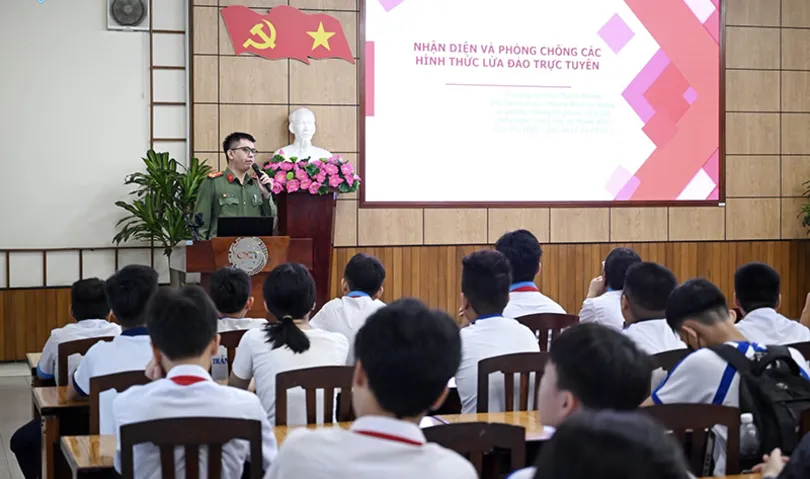

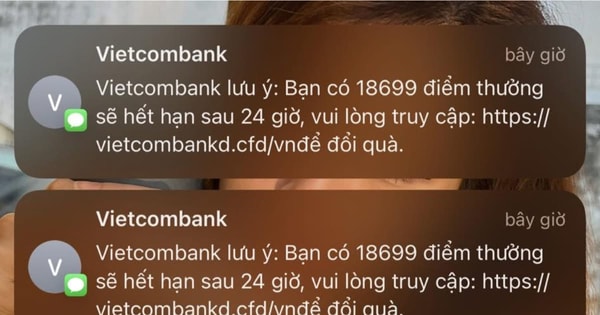

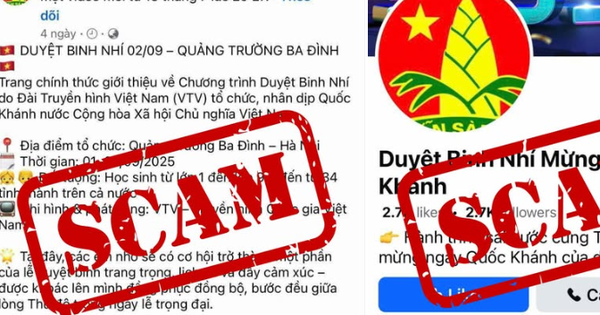

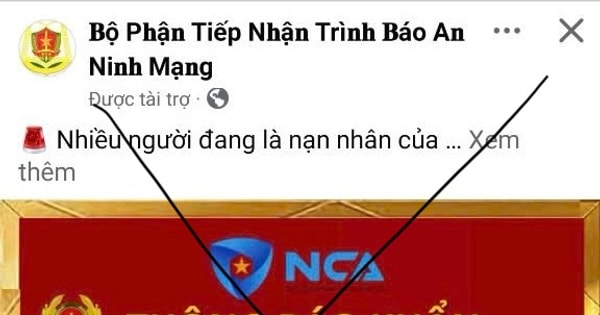




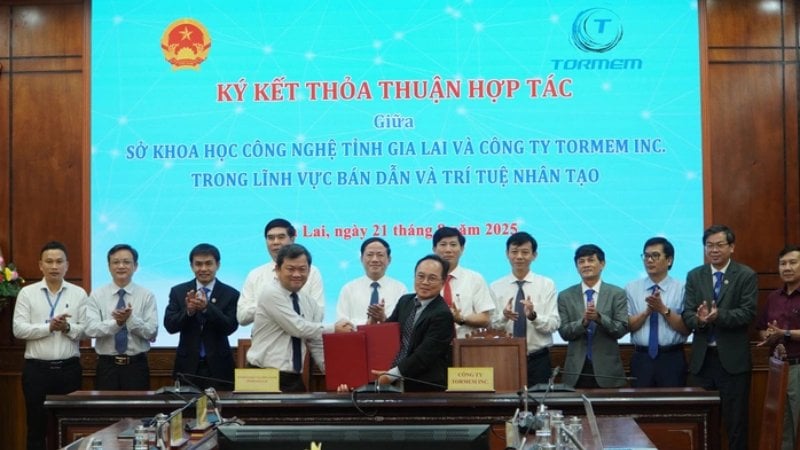
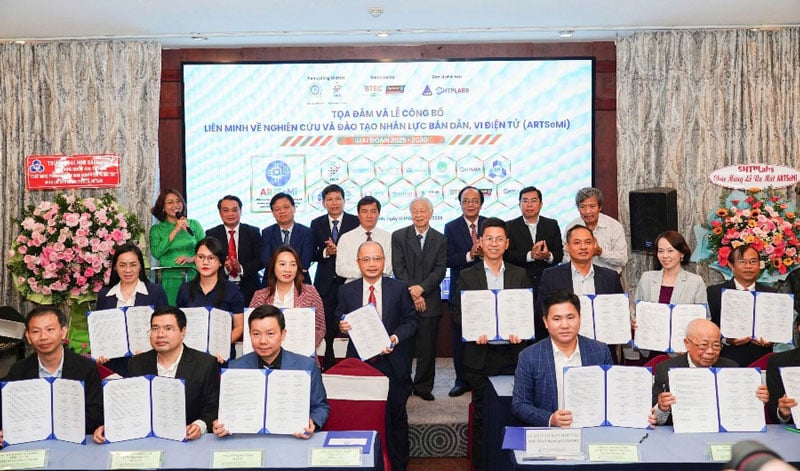

















































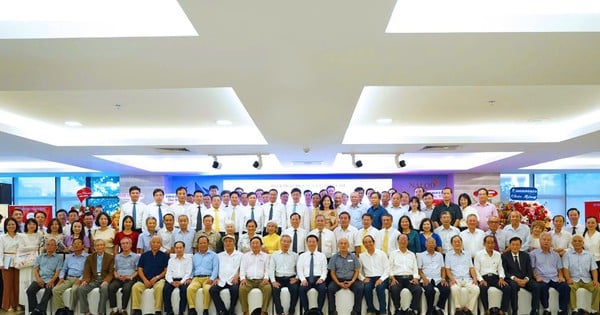

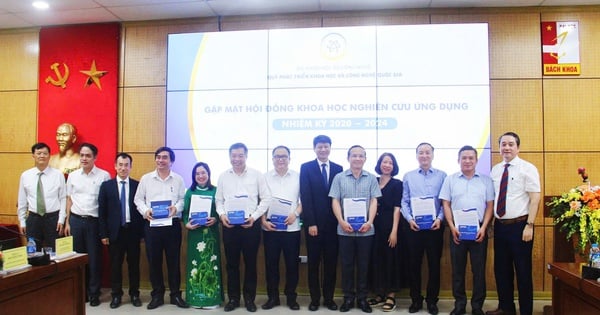







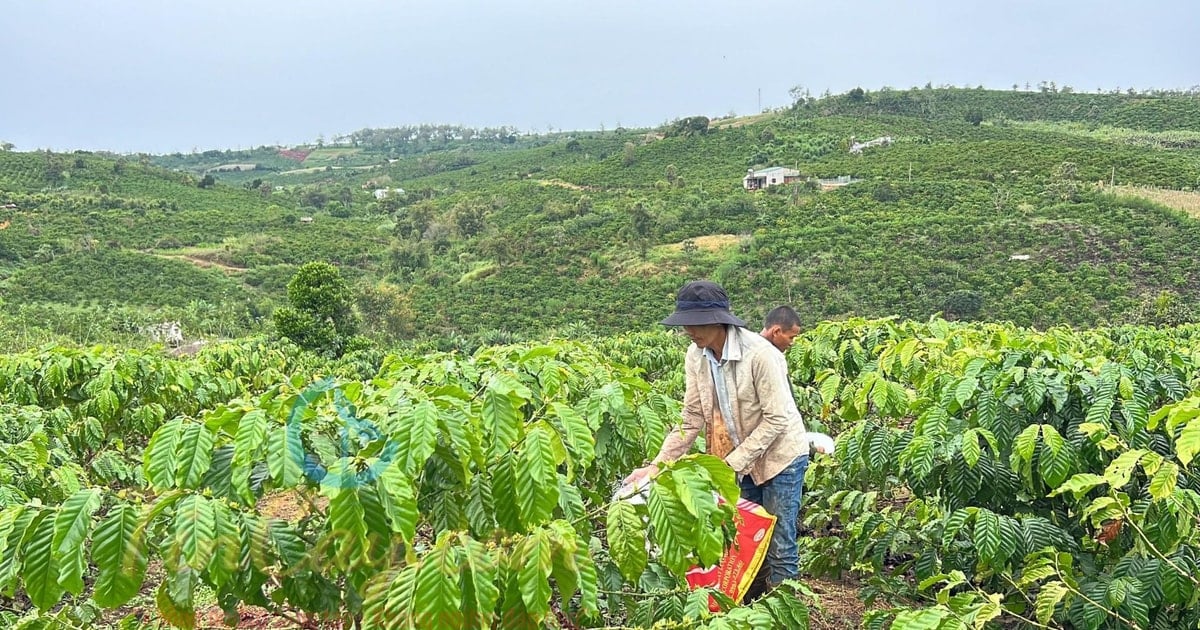


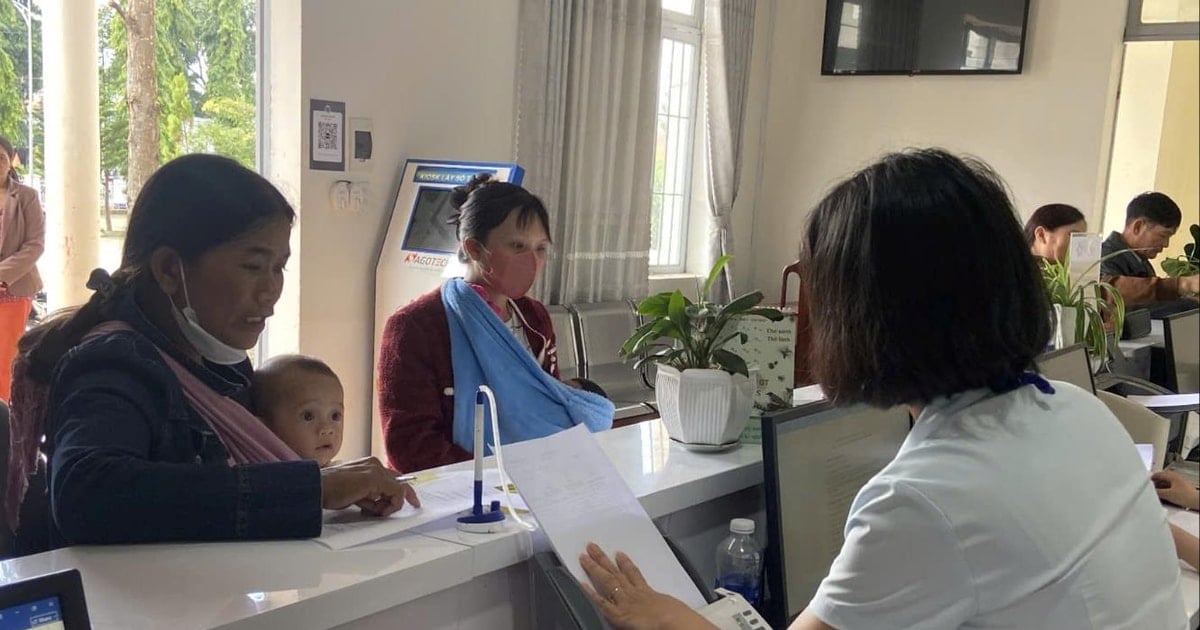

















Comment (0)